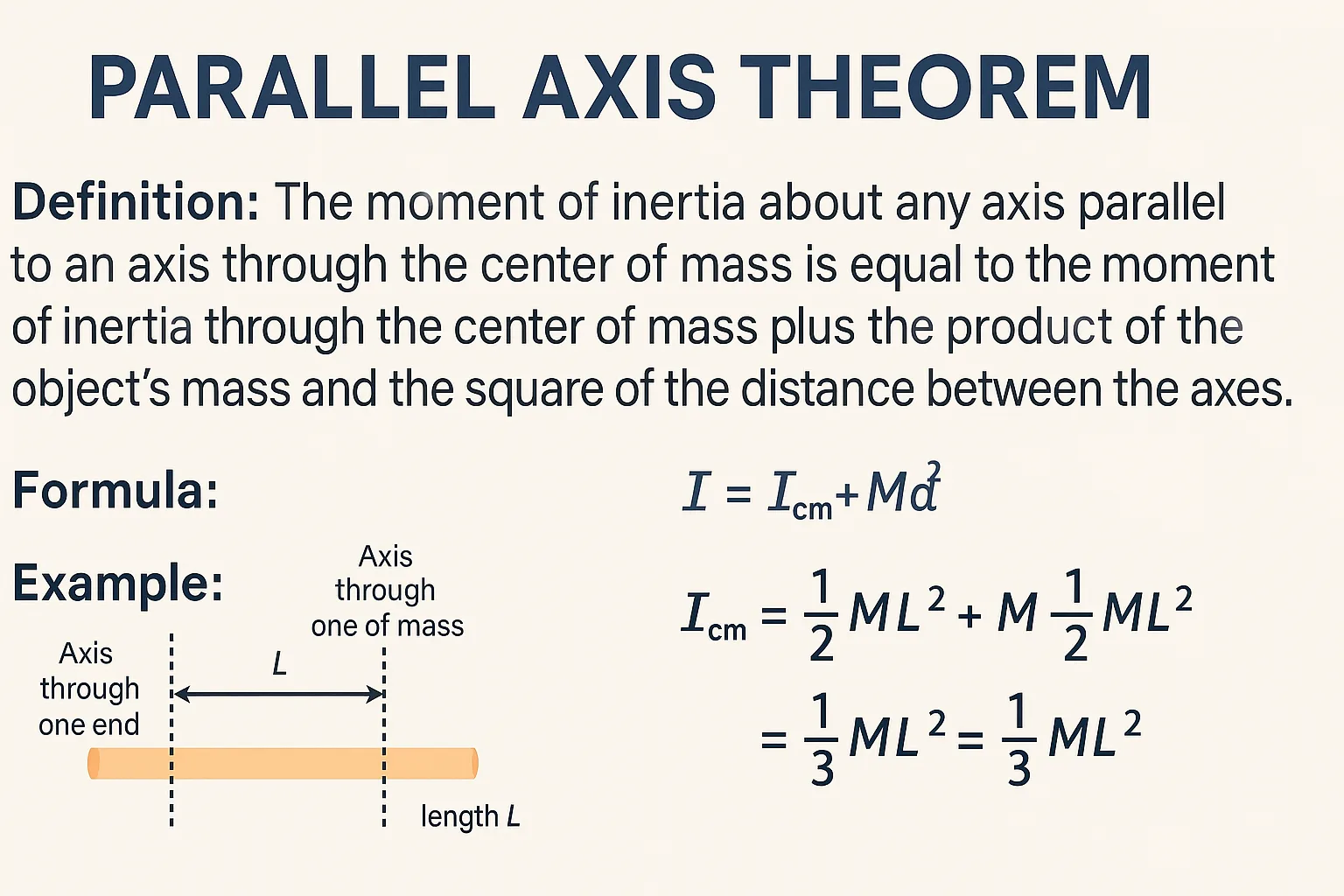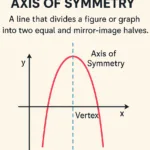Academic
🔊 US Loading... 🔊 UK Loading...The word “academic” carries significant weight in the realms of education, scholarship, and intellectual growth. It is a term widely used to describe formal learning, theoretical knowledge, and the activities surrounding schools, colleges, universities, and scholarly endeavors. Whether applied to an institution, individual, or pursuit, “academic” holds a multifaceted meaning that shapes our understanding of education and its role in society.
Definition of Academic
As an Adjective: Relating to Education: The term academic is often used to describe anything associated with education, learning, or scholarship. This includes institutions, courses, or subjects. For example, the phrase “academic achievements” reflects excellence in studies or research.
Academic can also refer to ideas, concepts, or discussions that are intellectual and theoretical, rather than directly applicable to real-world situations. For instance, a philosophical debate might be considered purely academic.
As a Noun: When used as a noun, academic refers to individuals engaged in teaching, research, or scholarly activities within a college, university, or research institute. Academics contribute significantly to advancing knowledge and fostering innovation.
Example sentences using the word “academic”:
- Adjective:
- She received a scholarship for her outstanding academic performance in high school.
- The discussion about ancient history was purely academic and had no direct impact on current events.
- His academic interests include philosophy, linguistics, and cultural studies.
- Noun:
- The conference was attended by academics from prestigious universities worldwide.
- As an academic, she has published numerous research papers on climate change and sustainability.
The Importance of Academics
Academics play a vital role in personal growth and societal advancement. It represents not only the process of gaining knowledge but also the pursuit of wisdom, critical thinking, and problem-solving skills. Here’s why the concept of “academic” is so crucial:
1. Advancing Knowledge and Innovation
Through research and intellectual inquiry, academics explore new ideas, challenge existing theories, and contribute to advancements in fields ranging from science and technology to humanities and arts.
2. Empowering Individuals
Academic pursuits provide individuals with the tools to think critically, analyze information, and approach challenges effectively. A robust academic foundation is essential for personal and professional success.
3. Driving Societal Progress
The contributions of academics—through education, innovation, and thought leadership—help address global challenges such as climate change, public health crises, and technological advancement.
Examples of Academic Activities
- Research: Conducting studies to solve problems or expand knowledge.
- Teaching: Educating students in classrooms, laboratories, or online settings.
- Writing and Publishing: Sharing knowledge through articles, journals, and books.
- Engaging in Debates: Participating in intellectual discussions to exchange ideas.
Final words
The word “academic” represents much more than education—it embodies the pursuit of knowledge, intellectual curiosity, and societal progress. Whether as a descriptor of institutions or an identity for scholars, “academic” highlights the importance of learning and discovery in shaping the future. Embracing academic values, such as critical thinking and ethical responsibility, ensures that individuals and societies continue to grow and thrive in an ever-evolving world.
Relative words of ‘A’
| S.No | Words |
|---|---|
| 1 | A |
| 2 | Able |
| 3 | Ability |
| 4 | About |
| 5 | Above |
| 6 | Absence |
| 7 | Abroad |
| 8 | Absolute |
| 9 | Absent |
| 10 | Abstract |
| 11 | Abuse |
| 12 | Angry |
| 13 | Access |
| 14 | Annoy |
| 15 | Acceptable |
| 16 | Acceptance |
| 17 | Accede |
| 18 | Accept |
| 19 | Abusive |
| 20 | Academic |
| 21 | Approve |
Additional Insights

Parallel Axis Theorem – Definition, Formula, Derivation & Applications

Axis of Symmetry: Definition, Equation, and Real-Life Applications

X and Y Axis: Definitions, Graphs and Examples
Coconut Spanish Translation

Cashew Spanish Translation
Axis Definition and Meaning

Walnut in Spanish Translation

Almond in Spanish – Translation and Meaning
